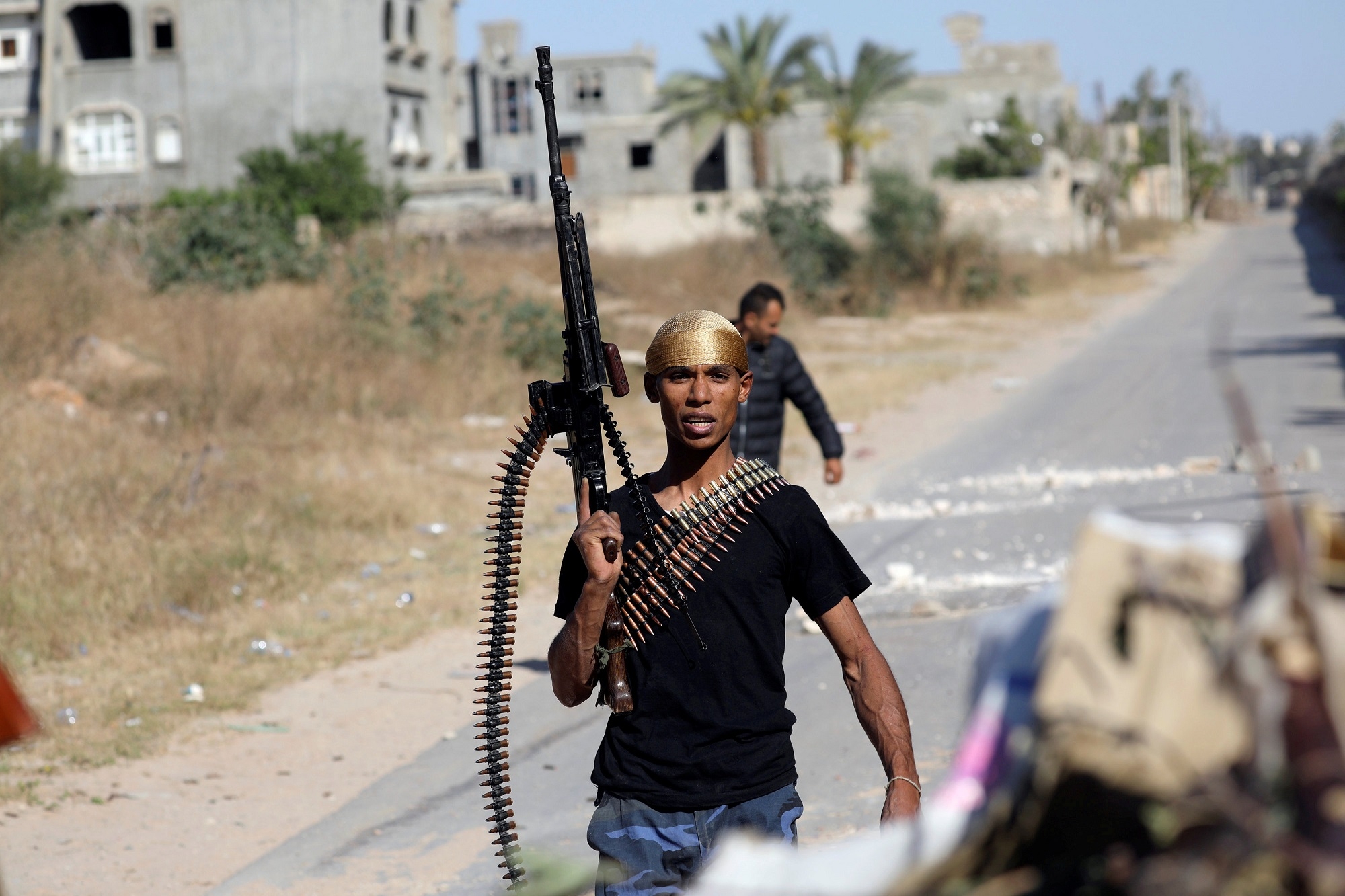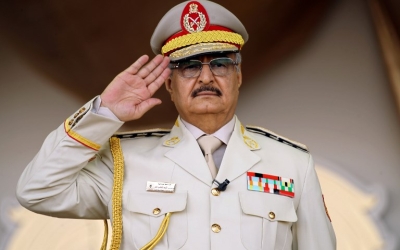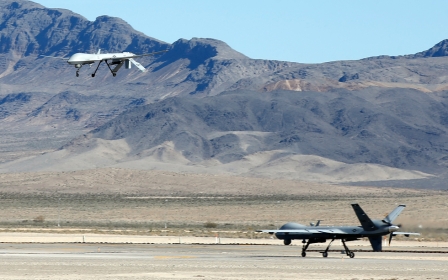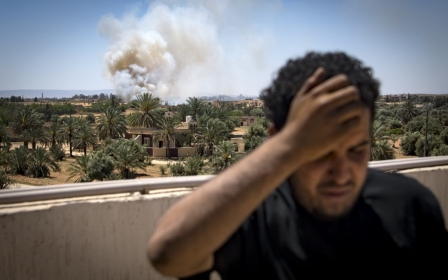UN Security Council calls for ceasefire in Libya

The United Nations Security Council has called for a ceasefire in Libya, urging all sides to find a political solution to the conflict in the North African country, Germany's UN mission said.
"The Security Council calls for all parties rapidly to return to UN political mediation, and to commit to a ceasefire and de-escalation to help mediation succeed," the German mission said in a statement on Friday.
The call for an end to the fighting comes as forces loyal to renegade general Khalifa Haftar press to capture Tripoli from the internationally recognised government of Libyan Prime Minister Fayez al-Serraj.
Hundreds have been killed and thousands displaced around the Libyan capital since Haftar launched his Tripoli campaign last month.
After seizing much of the country's east from various militias, Haftar, who is backed by the United Arab Emirates and Egypt, has struggled to defeat western Libyan forces in Tripoli.
Prior to the offensive, the central government in the capital had been struggling to assert control over competing armed groups.
On Thursday, Serraj pleaded with the international community to back his Government of National Accord against Haftar's advance, describing the ex-general as a "tyrant".
"Many of our UN allies have demanded a de-escalation of the conflict and an immediate cease-fire," Serraj wrote in a column published by the Wall Street Journal.
"Yet other countries are using Libya as a proxy battleground for geopolitical influence, making Mr. Haftar's war possible by providing his forces with money, training, and military equipment."
While Western powers have pledged support for the Government of National Accord, Serraj's government has accused European countries, especially France, of covertly backing Haftar.
Last month, US President Donald Trump lauded Haftar, although Washington officially backs the government in Tripoli.
After a phone call between Trump and Haftar in mid-April, the White House said in a statement that the US president "recognised Field Marshall Haftar's significant role in fighting terrorism and securing Libya's oil resources".
Middle East Eye delivers independent and unrivalled coverage and analysis of the Middle East, North Africa and beyond. To learn more about republishing this content and the associated fees, please fill out this form. More about MEE can be found here.





